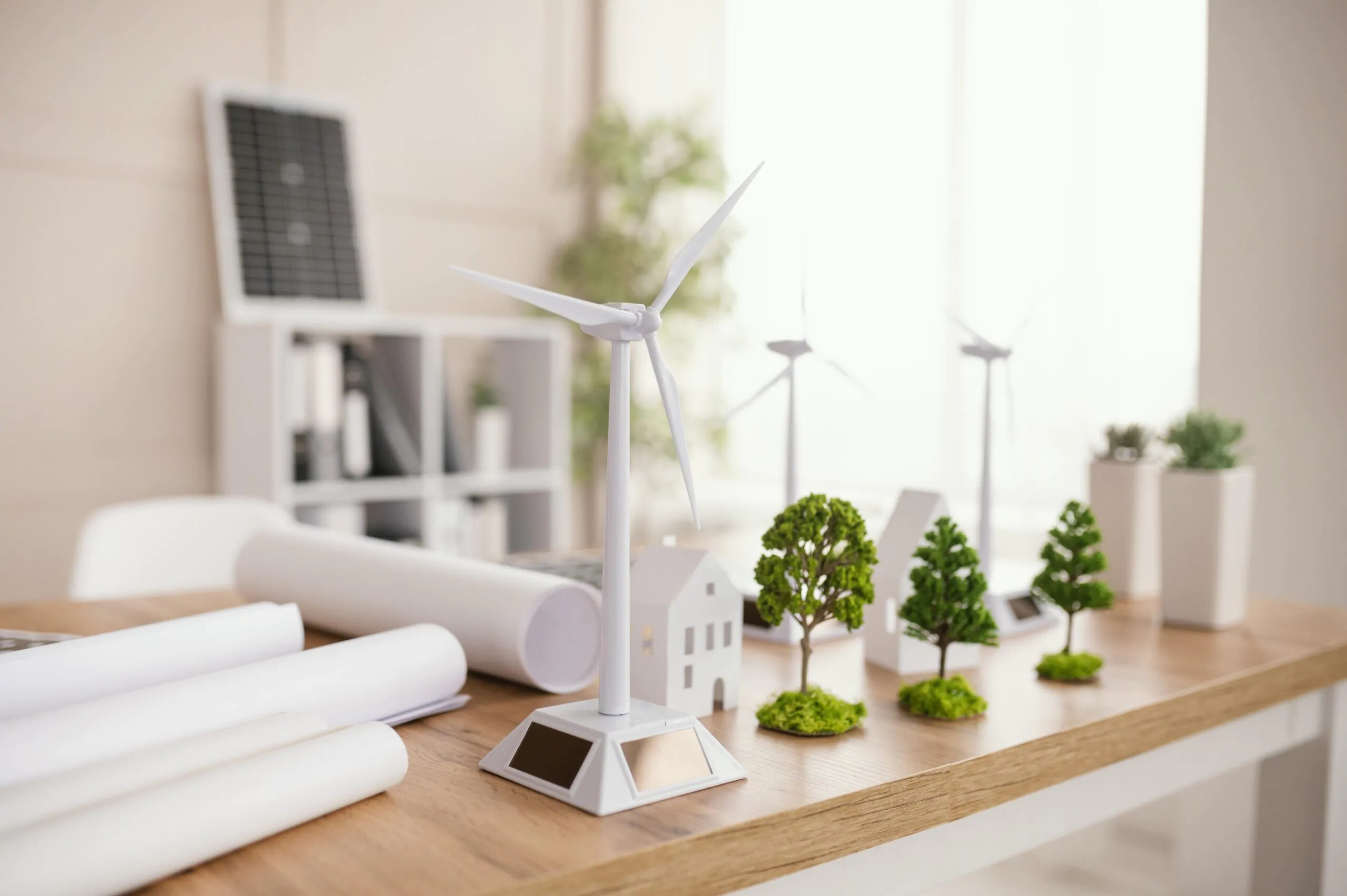In the specific case of building construction, the effective integration of certain quality and environmental aspects is accredited through the classifications obtained in sustainable certification seals. Among the project certifications that have been implemented by Sando or are currently underway are: LEED from the U.S. Green Building Council in the ‘Gold’ category; GBCe from the Green Building Council Spain in the ‘5-leaf’ and ‘3-leaf’ categories; and BREEAM from the Building Research Establishment in the ‘Excellent’ category.
These certifications are required by public and private clients in the execution of different buildings, and establish a series of requirements to be implemented in each project. Among the aspects included in these requirements are: responsible management of the project, of construction practices and of the impacts of construction sites and natural risks; the implementation of systems and processes that favour efficiency in energy and water management; the responsible sourcing of materials; and ensuring the biodiversity of the area.
Sustainable construction involves a number of key aspects in the implementation of public road maintenance projects, ranging from the installation of renewable energy sources or the use of recycled materials, to the construction of green areas for the regeneration of cities.
Through the company’s urban conservation and smart cities line, key projects for the development of sustainable infrastructures are carried out. From the field of urban mobility, through works such as paving using recycled materials or work on pavements with innovative materials to reduce noise pollution generated by vehicles.
También se integra la sostenibilidad en las actuaciones sobre el acerado o el espacio público para mejorar la accesibilidad peatonal; o en el acondicionamiento de distintas zonas urbanas y paseos marítimos para la regeneración paisajística, la protección ambiental y la creación de nuevos espacios para la sociedad.
In the face of water stress, it is vital to have infrastructures that ensure the efficiency of integrated water management at each stage: catchment, treatment, distribution, sanitation and purification, decarbonisation and waste management and recovery. In this last phase, energy efficiency and alternative energy generation projects are implemented, which are key to the decarbonisation of the economy.
Through the business line specialising in the integral water cycle, Sando Agua provides services in each of the phases, integrating the highest environmental and quality criteria. Within the field of construction, key hydraulic infrastructures are executed, including drinking water treatment, distribution networks, sewerage networks, wastewater pumping stations and wastewater treatment plants (WWTP).
In line with ensuring the efficiency of these infrastructures, the company integrates the Smartwater Cycle into their management, applying advanced information and communication technologies (ICT) to collect data in real time. The integration of this technology makes it possible to detect anomalies in quality or flow, allowing mechanisms to be activated to minimise loss in distribution, ensuring the healthiness of the water or preventing possible contamination by spillages.
Sando has a business line specialising in the exploitation, treatment, supply and transport of construction materials. To this end, it has several quarries distributed throughout Spain, which ensure that raw materials are obtained under the highest standards of quality and sustainability.
The quarries have specialised machinery depending on each material, allowing: the obtaining of natural aggregates as a result of the treatment of rocks or river gravel, or the manufacture of both cold and hot asphalt agglomerate. Así como son capaces de reconvertir los residuos de construcción de las obras en áridos reciclados para su reutilización, materializando la economía circular en los proyectos de construcción.
Sando is committed to the ongoing modernisation of these facilities to meet new environmental and efficiency requirements. For this purpose, it launched the MAPAS project: Modernisation and Adaptation of a Sustainable Agglomerates Plant at the La Cabaña production centre in Seville. A project developed with a European subsidy aimed at improving the sustainability of the pavements produced, reducing atmospheric emissions and energy consumption through lower manufacturing temperatures as part of the Recovery, Transformation and Resilience Plan within the State’s Sustainable and Digital Transport Support Programme.

Sustainable construction
We implement sustainable infrastructures for environmental regeneration and decarbonization of the economy
Sustainable construction
Building the foundations of the cities of the future
Sustainable construction is construction that adopts a sustainability approach from project design to final execution, integrating environmental (and social) protection aspects at every stage of the process and value chain. In the effective integration of these aspects, technological innovation plays a crucial role, applying tools such as BIM (Building Information Modelling), artificial intelligence or robotics, to design infrastructures adapted to the environment with the least possible negative environmental impact.
This approach ensures that all of Sando’s construction projects are executed in accordance with the environmental, social and economic (ESG) criteria set out in the company’s sustainability strategy. This strategy links the different business areas in a transversal manner, determining a series of parameters and requirements to be implemented, from the raw materials to be used for construction to the evaluation of the possible negative impact that the infrastructure may have on its surroundings.